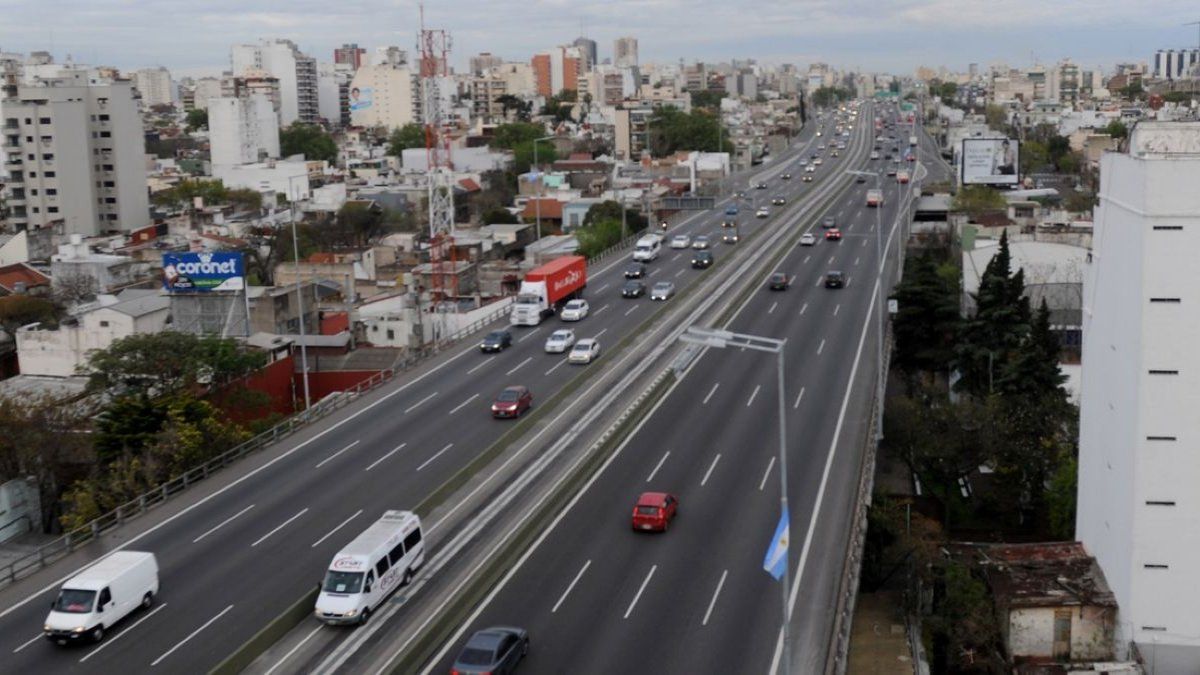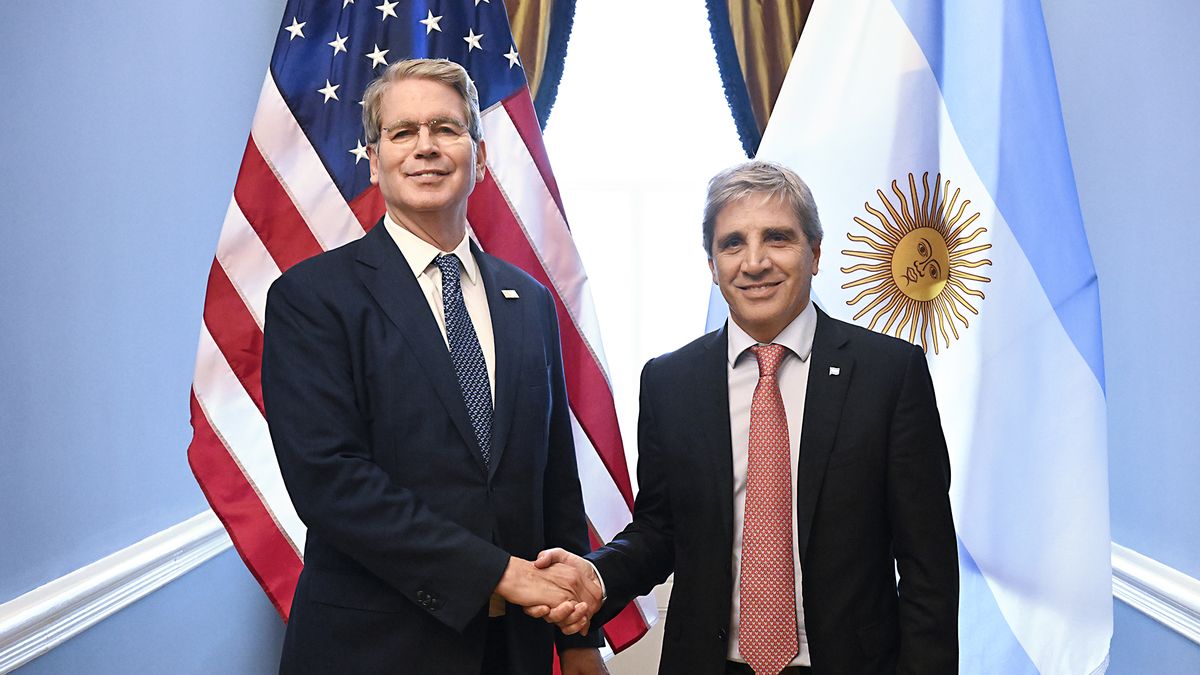In Germany, there are dozens of mayors named Schmidt. But in Florence? The much-praised German museum director Eike Schmidt is now running for Italy’s right-wing party. Not an easy task.
This is, of course, every election campaigner’s dream. As soon as Eike Schmidt arrives at the Piazzale Michelangelo, the vantage point high above Florence, applause breaks out. A joyful look at the people up on the wall. Until the candidate for mayor realizes that the spontaneous applause is for someone else: the sun, which today is once again setting spectacularly behind the roofs of the Tuscan capital. With such alien competition, no one takes any notice of him.
Schmidt can certainly not complain about a lack of attention. Practically everyone in Florence knows him. He received a lot of praise for his eight years as director of the Uffizi – one of the most important museums in the world, with five million visitors a year. His application for the town hall has now made him internationally famous. A German as mayor of perhaps Italy’s most beautiful city, and certainly one of the most visited? Even the “New York Times” gave it a big report.
Italian woman, Italian passport
The art historian – born in Freiburg, studied in Heidelberg, did his doctorate on the ivory sculptures of the Medici, one of the great ruling families of Florence, then spent a few years in the USA – owes it to his wife that he is even allowed to run for office. Schmidt is married to the art historian Roberta Bartoli. He has also had an Italian passport since November. The 56-year-old does not have a party membership card in either of his two countries. In the local elections in the city of 362,000 inhabitants this weekend – parallel to the European elections – he is running as a “centrist” with a citizens’ list.
However, his application is supported by the right-wing three-party coalition that has been in government in Rome for a year and a half – something that is anything but obvious for a man from the cultural scene. The people with whom Schmidt has had a lot to do in recent years are particularly critical of Prime Minister Giorgia Meloni. Her party Fratelli d’Italia (Brothers of Italy) has its origins in the post-fascist movement. Even today, high-ranking Meloni friends make no secret of their admiration for dictator Benito Mussolini (1883-1945). She herself avoids calling herself an “anti-fascist”.
As a right-wing candidate in a left-wing city
Schmidt is not. “As a German, I am ashamed of the things that the Germans have done in Italy and throughout Europe. That is why I am an anti-fascist.” He then adds that the Fratelli have also “clearly renounced fascism for a long time”. Today they are at best a “post-post-post-fascist party”. The candidate is trying to do a balancing act: Schmidt does not want to alienate right-wing voters, but Florence traditionally votes more to the left. The last Christian Democratic mayor in the Palazzo Vecchio, right next to the Uffizi, where the Medici once ruled, was half a century ago.
The fact that he has a chance at all is because the left – as is so often the case in Italy – is at odds with itself in Florence. The social democratic incumbent Dario Nardella is no longer allowed to run after two terms in office, and two women from the ranks of his party, Partito Democratico (PD), are competing with each other. There are ten candidates in total. Schmidt’s first goal now is to make it to the runoff. That should work. In the last poll that was allowed to be published, he was at 33 percent, while the official PD candidate Sara Funaro (48) was at around 40 percent.
Much praise for eight years in the Uffizi
According to a count by the Association of Towns and Municipalities, there are more than 80 mayors in Germany with the name Schmidt. But in Italy he would actually be the first. However, on the election posters, Eike is significantly larger – also because many Italians have problems pronouncing his surname. You hear everything from Chmied to Smitt. Otherwise, he says, the first passport brings neither advantages nor disadvantages. “It’s a zero calculation: some don’t vote for me because I’m German. Others vote for me because I’m from outside.”
He is all the more proud of his record as director of the Uffizi. It is impressive. Schmidt has given the previously dusty home of the Michelangelos and Botticellis a completely new order. When he started, the museum did not even have a website. As the number of visitors increased, so did the income: to 60 million euros with 30 million in fixed costs. There was still a lot left over. Nevertheless, as usual, he was done after two terms in office. Since January, Schmidt has been director of the country’s second largest national museum, the Capodimonte in Naples. He is on leave for the duration of the election campaign.
Rejection of cheap tourism
The promise is now to clean up the whole city, just like in the museum: better streets, an end to drug trafficking, affordable social housing, new ideas to combat mass tourism. Florence is one of the cities in Italy that suffers particularly badly from the masses of visitors. “Cheap tourism has been promoted here for decades,” he says. “That has to change.” If the top job at the Palazzo Vecchio doesn’t work out, he can go back to Naples as museum director. He and his wife, however, want to keep their apartment in Florence. One way or another.
Source: Stern
I have been working in the news industry for over 6 years, first as a reporter and now as an editor. I have covered politics extensively, and my work has appeared in major newspapers and online news outlets around the world. In addition to my writing, I also contribute regularly to 24 Hours World.




